My year of Bon Appetit
Megan Whelan tries to cook her way through the best of culinary magazine Bon Appetit
About this time last year I set myself a ridiculous challenge; to cook everything on the list that food magazine Bon Appetit reckons you should know how to cook.
Full disclosure: I did not make it all the way through the list. I was on track until about April, and then two things happened. The first was, obviously, Covid. Ingredients became harder to come by, and I felt far too guilty sending my household’s designated shopper in search of seven varieties of cheese in the midst of level 4 lockdown. Plus, my friends were getting really mad at my food posts on Instagram.
The second was that Bon Appetit melted down in a pretty spectacular way. For the uninitiated, the so-called Bon Appetit Cinematic Universe has, over the past couple of years, created a devoted and huge following.
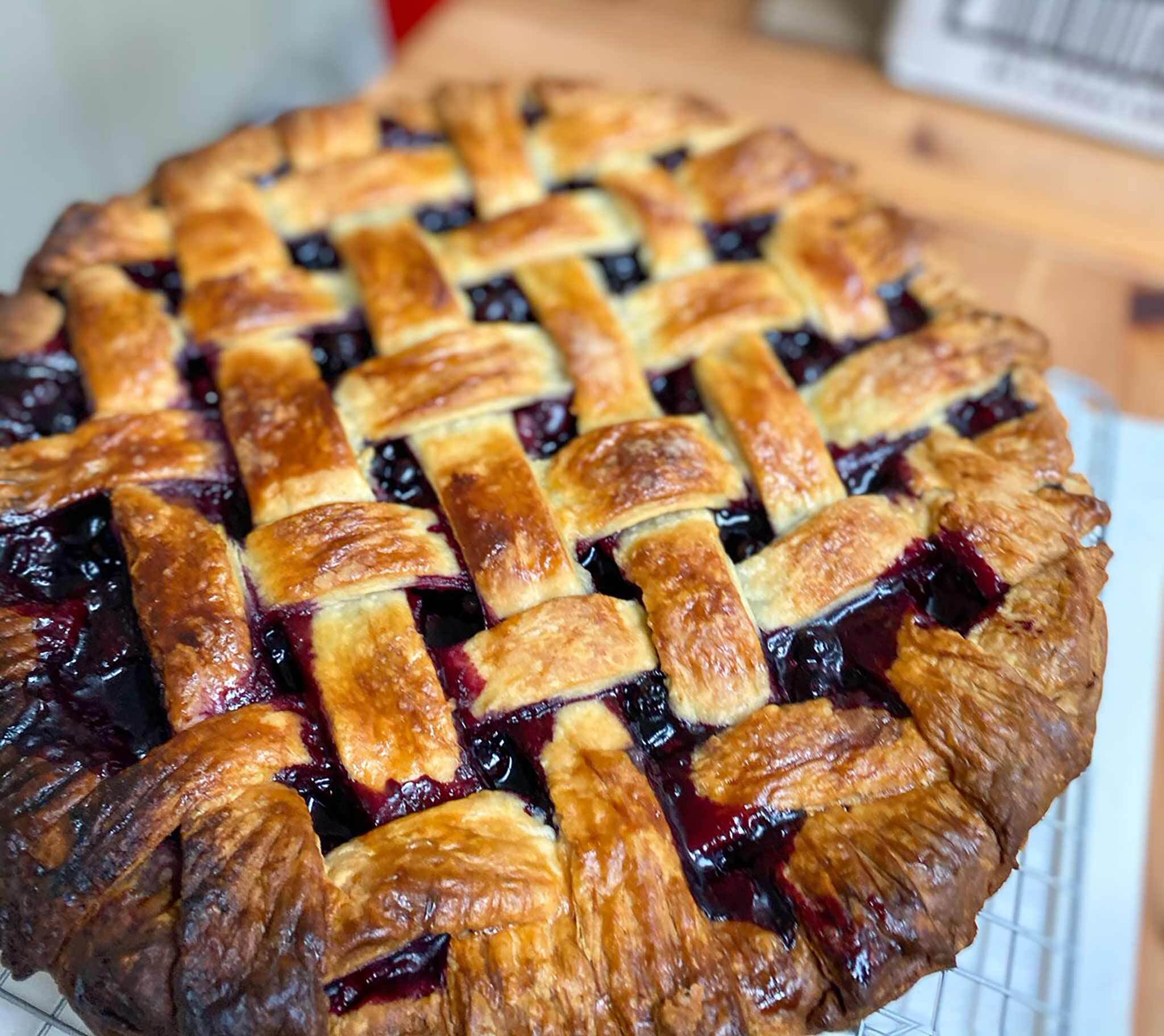
Through an alchemy of charming hosts, really good production values and an innate understanding of internet trends, the magazine’s You Tube channel churned out viral video after viral video. Buzzfeed reports that “in a world where print is struggling to survive, Condé Nast said Bon Appétit’s subscriptions saw a 616% increase during its Thanksgiving promotion compared to the same period last year, and the median age of these new subscribers is 35.” That is huge.
But in June, editor Adam Rapoport resigned over accusations of discriminatory behaviour, and a number of the stars left. It felt weird to keep cooking buffalo wings and tuna casserole with all of that going on.
I always intended to start again but, well, who ever keeps their New Year’s Resolutions? I was halfway through the list though, so here’s what I learned from this silly, self-imposed challenge.
1. This is going to be really expensive.
When I first looked at the list, I thought, “123 dishes, that’s just over two a week. I can do that.” What I didn’t factor into that maths was how difficult getting clams is in New Zealand, let alone something called oyster crackers. (I made croutons instead.)
In my giant spreadsheet of dishes and ingredients, I should have kept track of how much each dish cost me, but honestly, I didn’t want to know. But as well as the money, this entirely optional task took up so much of my time and energy. Many of the dishes required multiple trips to grocery and specialty stores, or even ordering ingredients off the internet. Which leads me to my second point…
2. Planning is key
Many of the dishes make sense for a weeknight dinner for the whānau, like tuna casserole or the “patty melt” (basically a meat toasted sandwich). But the lasagne requires 24 hours of preparation, and if you’re going to make more than one dish, you’re going to need a run sheet.
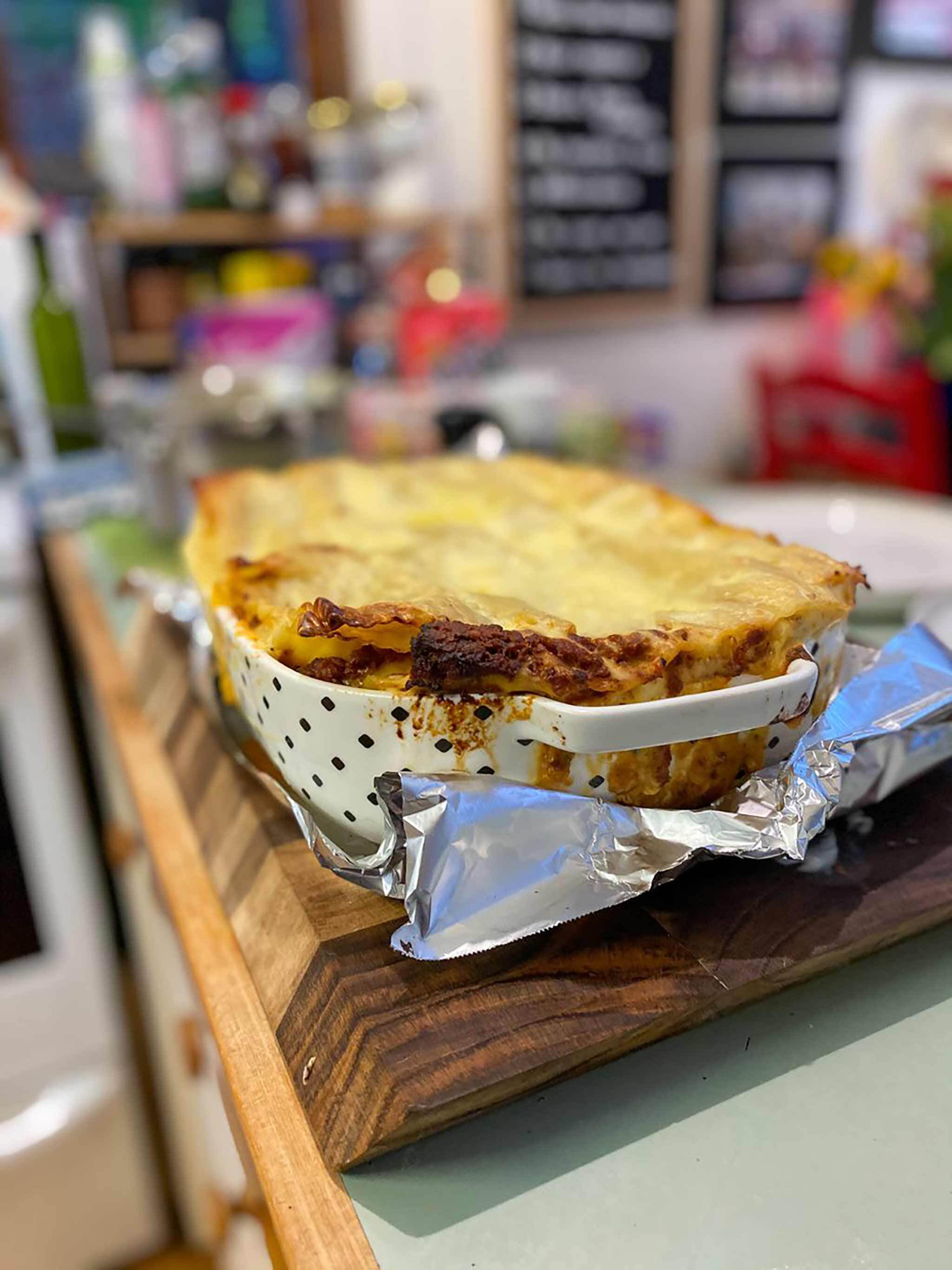
Here’s the thing though. That’s actually great. I'm a much better cook – and why would you do this if you didn’t want to be a better cook – now than I was this time last year. I had always vaguely looked at several recipes and started the one that looked the most fun, only to realise that, actually, I needed to have marinated the steak four hours ago and ooops, now we’re having dinner a 11pm. (I still think that’s a legit life choice, FWIW.)
Now, I plan what I need to do to the nearest 10 minutes. If I'm having people over, I often do prep the night before, I know what needs to rest and what needs to be kept in the oven on low, when to do that final drizzle of olive oil, and what is going on what plate. That last part is important because...
3. These people have never washed a dish in their lives
When I was a child, my mum would bake for our school lunches. She would make several slices: tan square, peppermint slice, ginger crunch. (All absolute bangers IMHO.) She would use the same bowl and the same mixing spoon. Either me or my brother would lick the spoons in between.
I made the Bon Appetit baked ziti while I wrote this article and, I swear, if I had made it as the recipe was written, I’d have used 3 separate pots and a baking dish.
Not all of us have producers we can call on to chop onions and garlic. We don’t have stoves with a pot that seems to just perpetually boil water. We don’t have a bowl of every size and every baking dish. I have a tiny kitchen with not enough storage space, and my refrigerator is currently overflowing with leftovers I absolutely will not eat.
What I wouldn’t give for a sous chef most days. That said...
4. They actually kind of are the dishes you should know how to cook.
I thought I was good cook before I made Bon Appetit’s apple pie. But I had never made pastry, and I would never have thought to use the boiled-down syrup from soaking apples in sugar as part of the pie. (Honestly? Probably the best thing I have ever tasted.)
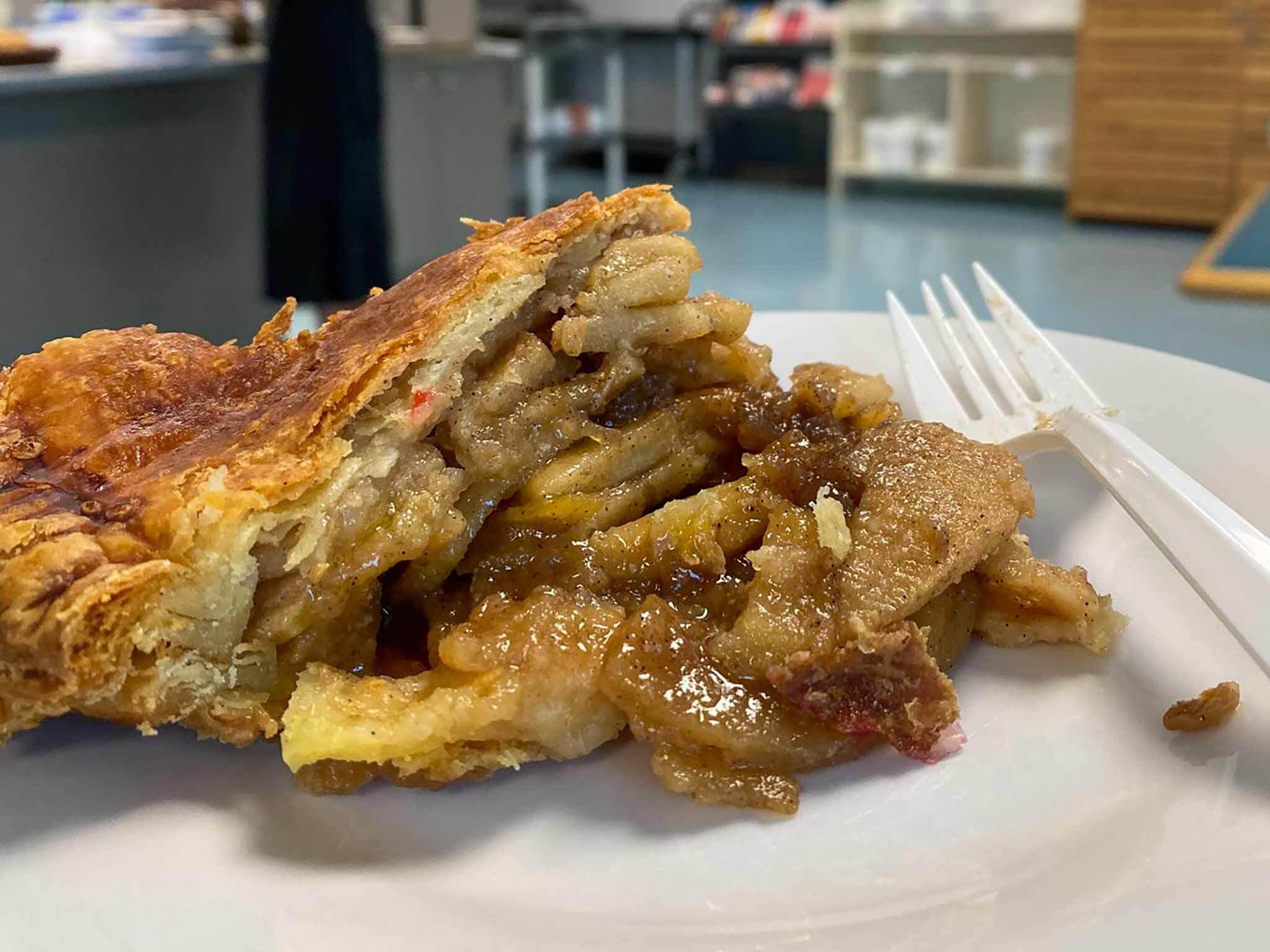
The basics are all here. Carbonara? Check. Proper scrambled eggs? Check. (Though I never did master the omelette.) Pastry, salads, baking, even a cocktail or two. Before this year, I had never deep fried anything without using an electric deep frier. Now, I feel pretty comfortable making fried chicken in my cast iron fry pan. (Which, incidentally, I bought for $10 on sale – no need for expensive technology here.)
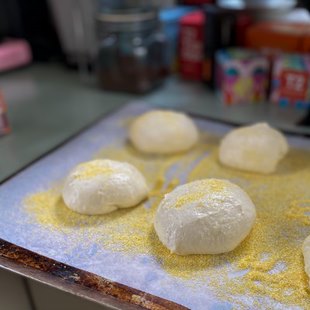
I’ve always felt safe experimenting – I've cooked enough to know that if I add salt, things are going to get, well, saltier. But feeling like I have a really solid grasp of the basics means I can think “hmmm, this needs something.” It’s usually salt, citrus, or (and this annoys me no end) mustard – but I can at least identify what.
My four biggest lessons:
- You’re probably using tomato paste wrong: Did you know you’re not meant to just chuck a tablespoon of tomato paste in the pot, stir it a bit, and carry on? Apparently you add it, let it fry with whatever you’re frying off (usually onions and garlic) until it darkens. I promise. Try it. It makes such a difference.
- Pasta water is liquid gold: I saw someone on a cooking show pour it down the sink, recently and it made me so mad. Honestly, save it, add it to the sauce as you cook it. Google will explain if you don’t know what I mean.
- Pastry really isn’t that scary: Years ago, my best friend gave me a cookbook and said “look, now you can make me pastry” and I scoffed and said, “why would I make pastry when the frozen stuff is so good?” I officially resile from that position. Making pastry means planning and it’s a bit fiddly, but it is worth it. It is 1000% better.
- Season as you go: I keep a little pot of salt next to the stove (my hipster shame is that there are currently nine different kinds of salt in my house) now. I add salt, pepper, and often, chilli flakes, at every step. Sure, my doctor might not recommend it, but I figure it balances out. I eat fewer takeaways now, because...
5. It turns out, cooking is really fun.
You may already know this, given you have read this far down in an article about a ridiculous food challenge. But part of the reason I wanted to do it was to rekindle my love of cooking.
It’s so easy, living in a city with a thriving food scene and several food delivery services, to just collapse on the couch with a takeaway. But it’s not nearly as satisfying.
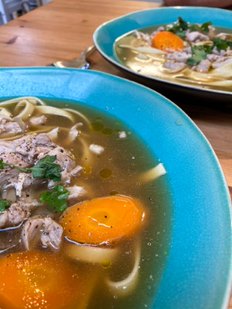
When I interviewed Emily Nagoski about her book about burnout, she told me that doing something creative – painting or writing, for example – helps break the stress cycle. It took me another year to learn that cooking was that for me.
I don’t have to feed a family every night, so for me, the 17-step recipe with 19 ingredients is a fun project rather than a massive chore. But I get the same joy out of boiling eggs or making soup for a sick friend.
Food is, I believe, central to our lives. It’s not just fuel, it’s culture and whakapapa and nourishment. I don’t remember those cakes my Mum made because she was a particularly stellar baker, but because she made them with love, and she taught me alongside her.
As New Year’s resolutions go, especially in a year like this, that wasn’t a bad lesson to learn.
About the author

Megan Whelan is RNZ’s head of content. She believes the amount of garlic in any recipe is more of a guide than a rule.